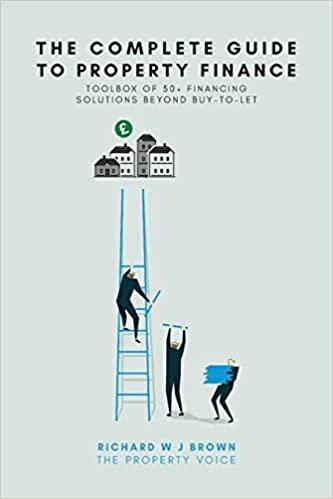Question
Problem 4: Portfolio Theory (20 marks) Consider a market with two risky assets A and B. M is the market portfolio. F is the risk-
Problem 4: Portfolio Theory (20 marks)
Consider a market with two risky assets A and B. M is the market portfolio. F is the risk- free asset. This is a perfect market with no taxes or other frictions, and the prices given are equilibrium prices. All returns are annual returns.
|
| Expected Return | Standard Deviation | Correlation Matrix | Beta () | |||
| A | B | M | F | ||||
| A | 5.97% | 17.00% | 1.00 | 0.20 | 0.40 | 0.00 | ?? |
| B | 9.35% | 21.00% | 0.20 | 1.00 | 0.60 | 0.00 | ?? |
| M | 9.00% | 12.00% | 0.40 | 0.60 | 1.00 | 0.00 | 1.00 |
| F | 2.00% | 0.00% | 0.00 | 0.00 | 0.00 | 1.00 | 0.00 |
- Calculate the beta of security A and B. If you are forming an equal weighted portfolio which consist of security A and B, what is the portfolio beta? (5 marks)
- Suppose that you are forming a portfolio (called portfolio 1) with 35% weighting on security A and 65% weighting on security B. Calculate the expected return and the standard deviation of return for portfolio 1. Show your calculations.
(6 marks)
- Suppose that you intend to form a portfolio (called portfolio 2) which consists of the market portfolio (M) and the risk-free asset (F) with the expectation of obtaining the same expected return as portfolio 1 in part (b) above. What weights would achieve this result? Show your calculations. (4 marks)
- What is the difference between covariance and correlation? (2 marks)
What is the role played by correlation in determining portfolio expected return and risk? Explain.
Step by Step Solution
There are 3 Steps involved in it
Step: 1

Get Instant Access to Expert-Tailored Solutions
See step-by-step solutions with expert insights and AI powered tools for academic success
Step: 2

Step: 3

Ace Your Homework with AI
Get the answers you need in no time with our AI-driven, step-by-step assistance
Get Started


